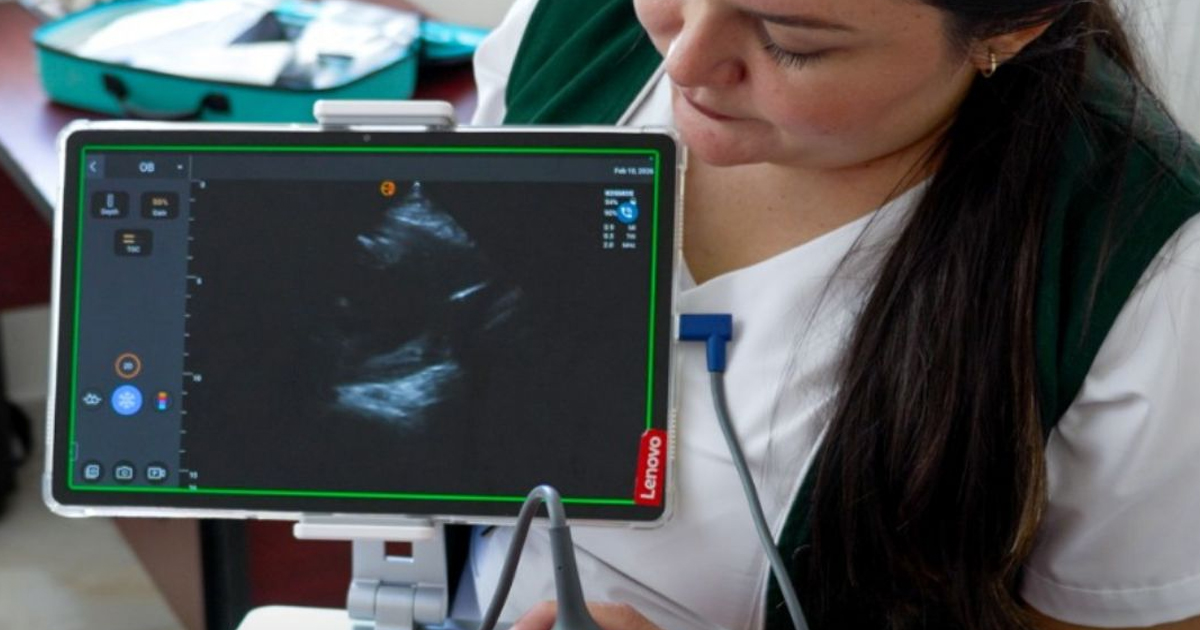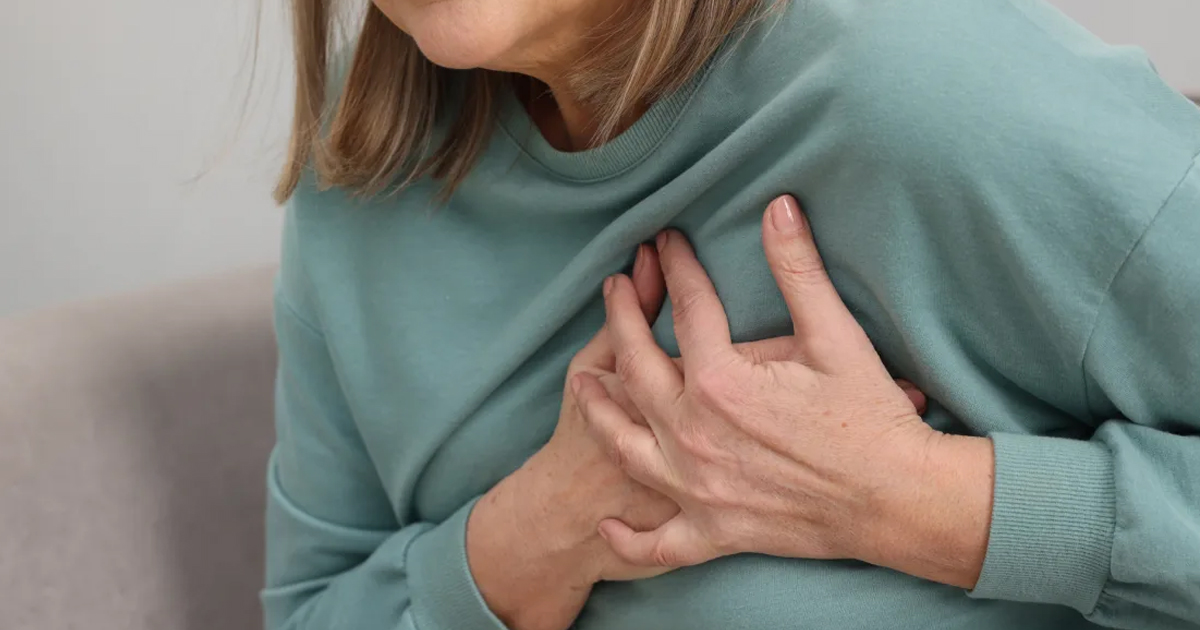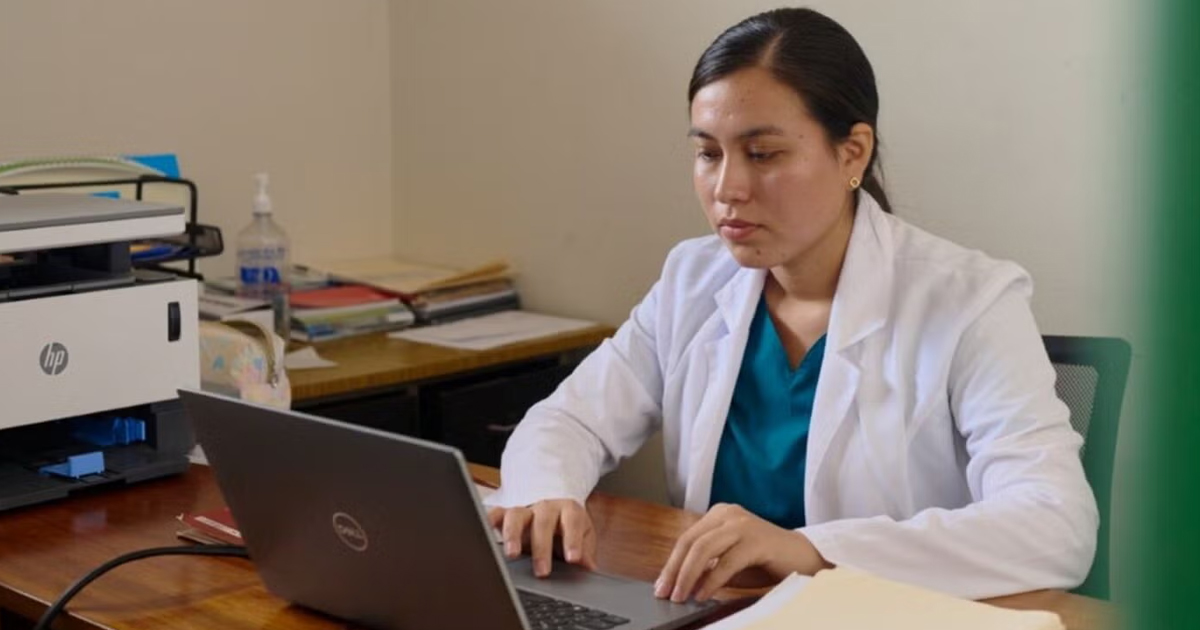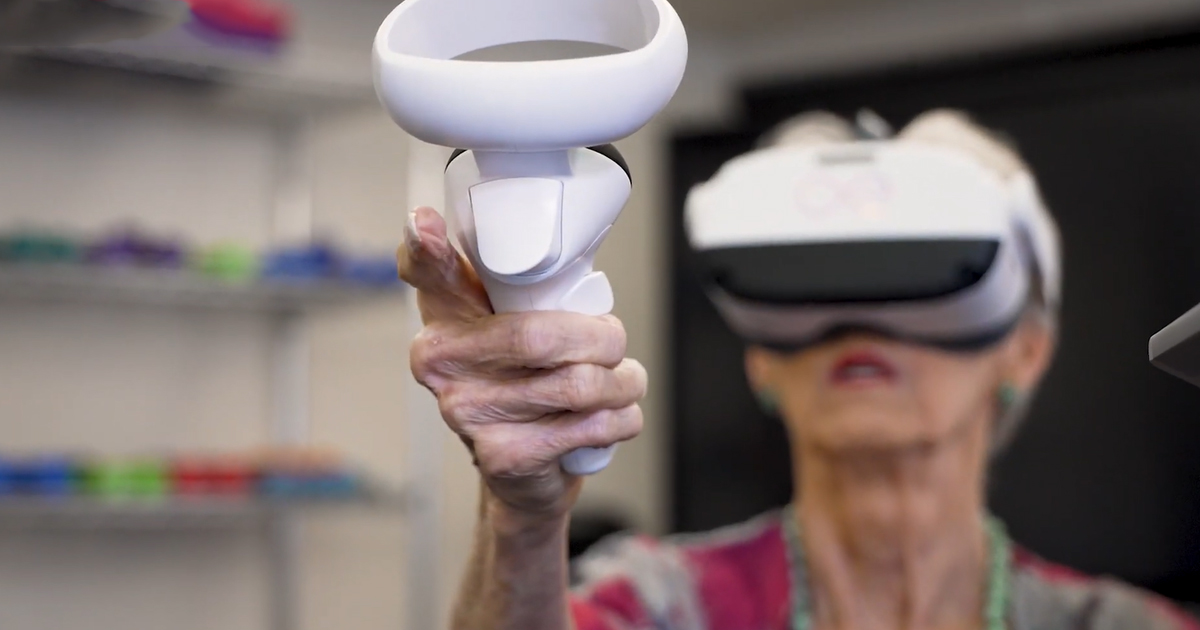Key points
- Las enfermedades cardiovasculares (ECV), que incluyen al síndrome isquémico coronario y a la enfermedad vascular cerebral; son la primera causa de mortalidad en nuestro país, tanto en hombres como en mujeres.
- La aspirina (ácido acetilsalicílico) es uno de los medicamentos más usados en la actualidad tanto para la prevención primaria como para la prevención secundaria de la ECV.
- The biggest drawback of taking aspirin is that it increases the risk of intracranial and gastrointestinal bleeding, the risk increases with age and can be life-threatening.
- Según la última evidencia los pacientes de 40 a 59 años que no tienen historia de ECV (prevención primaria) deben de decidir junto con su médico si el beneficio de tomar aspirina supera el riesgo de posible sangrado (GRADE C). Factors such as age, individual risk of CVD and bleeding, and patient preferences must be taken into account.
- Grado C: valoración individual según el criterio profesional y las preferencias del paciente. Existe evidencia moderada de que el beneficio final es pequeño.
- Según la última evidencia los pacientes de 60 años o más sin historia de ECV (prevención primaria) NO deben empezar a tomar aspirina, ya que el riesgo de sangrado supera los posibles beneficios de ésta (GRADE D).
- Grade D: the use of aspirin is discouraged in these patients. There is moderate-high evidence that the risk outweighs the benefits.
- Esta recomendación no aplica para pacientes que ya toman aspirina o que han tenido ECV previamente (prevención secundaria).
Sources:
Grade Definitions United States Preventive Services Taskforce (uspreventiveservicestaskforce.org)







